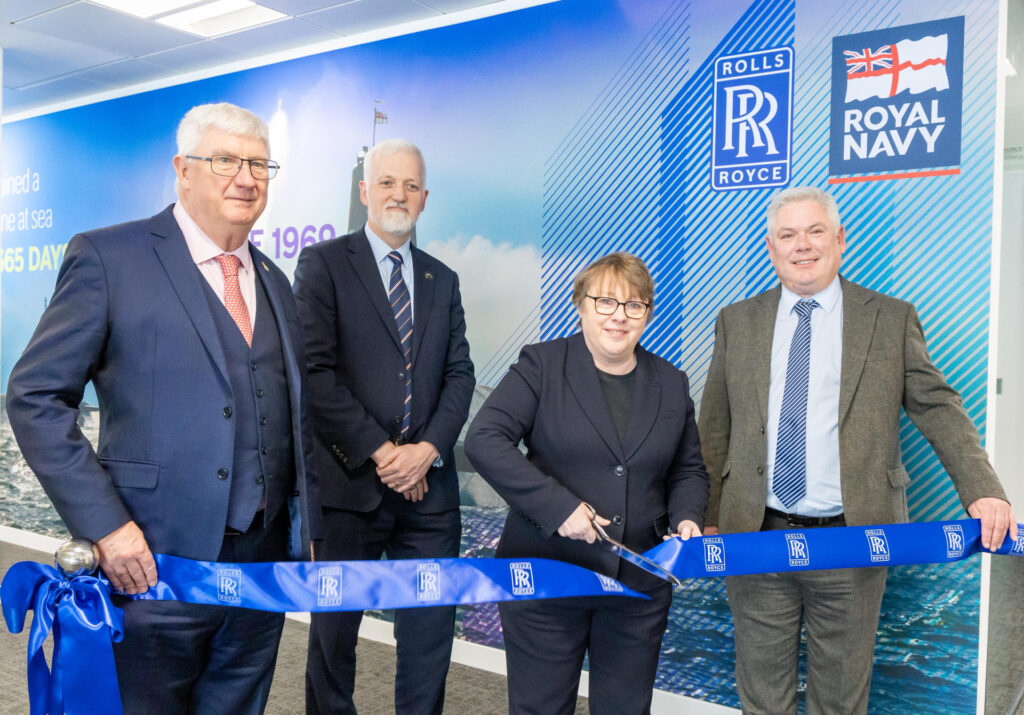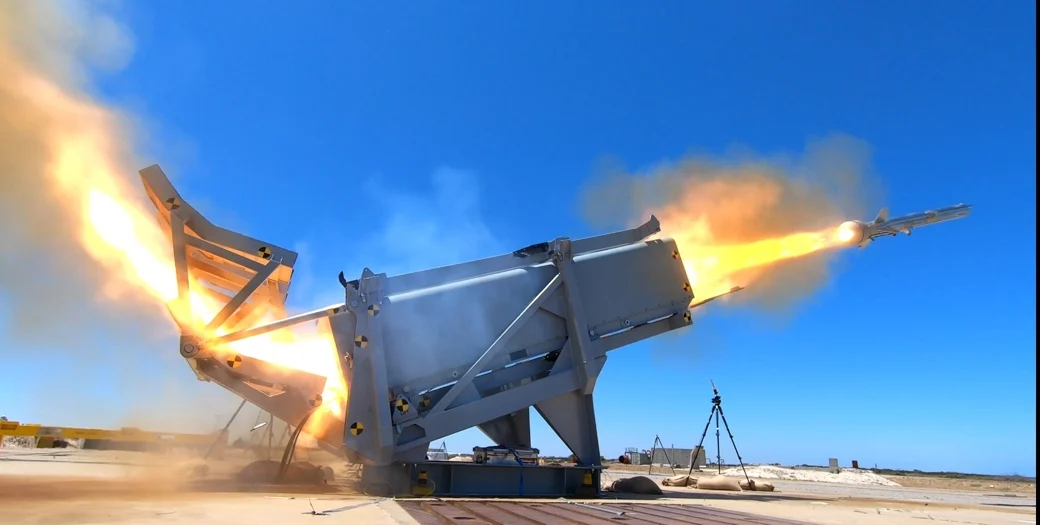Rolls-Royce has inaugurated a new facility in Glasgow, Scotland, designed to bolster the Royal Navy’s submarine programs, particularly focusing on advanced nuclear submarine technology. This strategic move is aimed at enhancing the company’s capabilities in the design, manufacturing, and maintenance of pressurized water reactors that are integral to the UK’s undersea fleet.
The Glasgow office is set to play a pivotal role in the development of the upcoming Dreadnought-class nuclear ballistic missile submarines, which are slated to replace the existing Vanguard-class submarines that have been in service since the 1990s. Additionally, the facility will support the AUKUS project, a trilateral defense initiative between Australia, the United Kingdom, and the United States focused on submarine capabilities.
Rolls-Royce has announced that the new center is expected to create around 100 job opportunities, with a commitment to hiring local talent from the surrounding area. The company’s submarine division currently boasts a workforce of over 5,000 employees who support various systems, including the Royal Navy’s Astute-class submarines, while also providing related services from its shipyard in Barrow-in-Furness, as well as naval bases in Faslane and Devonport.
Steve Carlier, President of Rolls-Royce Submarines, emphasized the strategic importance of the work being done for the Royal Navy, noting the necessity to draw talent from across the UK rather than relying solely on the Derby location. He highlighted the advantage of Glasgow’s strong electrical engineering background and expressed enthusiasm about the opportunities this new office will bring, particularly in terms of job creation and community impact.
The UK Ministry of Defence echoed these sentiments, indicating that the establishment of Rolls-Royce’s Glasgow office will significantly contribute to the local economy by offering roles to specialists who prefer not to relocate. This initiative aligns with the government’s aim to bolster the UK’s Defense Nuclear strategy and enhance its capabilities.
Maria Eagle, the UK Defence Procurement and Industry Minister, remarked on the government’s dedication to maintaining the nation’s nuclear deterrent through this investment. She stressed that the new office would not only help create high-skilled jobs but also promote economic growth, benefitting both national prosperity and security for the foreseeable future.
The establishment of this facility comes at a time when Australia is making moves to strengthen its own submarine capabilities, despite facing budgetary constraints. The collaboration within AUKUS is evident as the country seeks to enhance its submersible forces, underscoring the international importance of advanced naval technology among allied nations.


















